Hawzah News Agency – As you may probably know it, all the Muslim community is celebrating Ramadan. The basics of this holy month are pretty much the same everywhere: pre-dawn meal, breaking the fast, etc. But traditions and customs are very different from a country to another. And since our blog is all about Tunisian and Tunisian traditions, we’ll give you an idea about some customs Tunisians have during Ramadan.
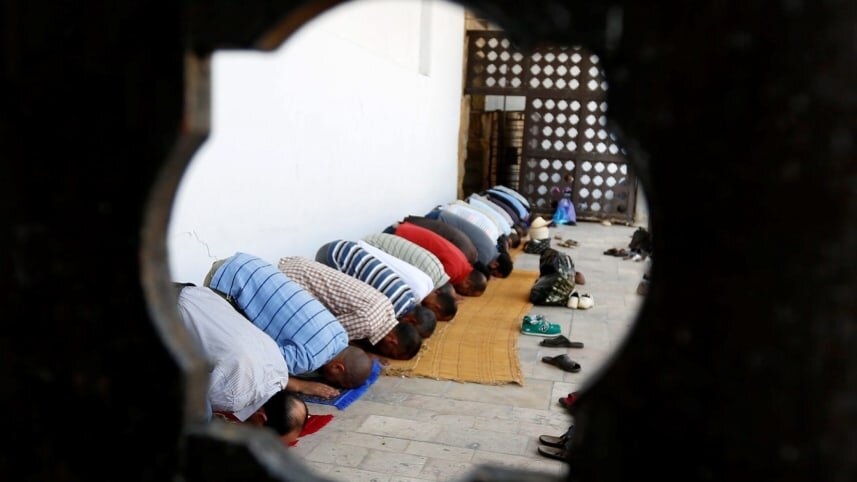
The night caller
One of the oldest traditions during Ramadan is probably the night caller. The night caller is generally a man with modest incomes that will wake up the entire neighborhood for the pre-dawn meal during the whole month. The night caller has a drum on which he taps to wake up people. Even if today, the night caller is disappearing, some regions are still attached to this tradition.
The cannon
In ancient times, people used to shoot a cannon ball to announce the breaking of fast, but also to announce the beginning and the end of Ramadan. This tradition has been canceled after the Tunisian revolution in 2011 for security reasons but has been reiterated after few years.
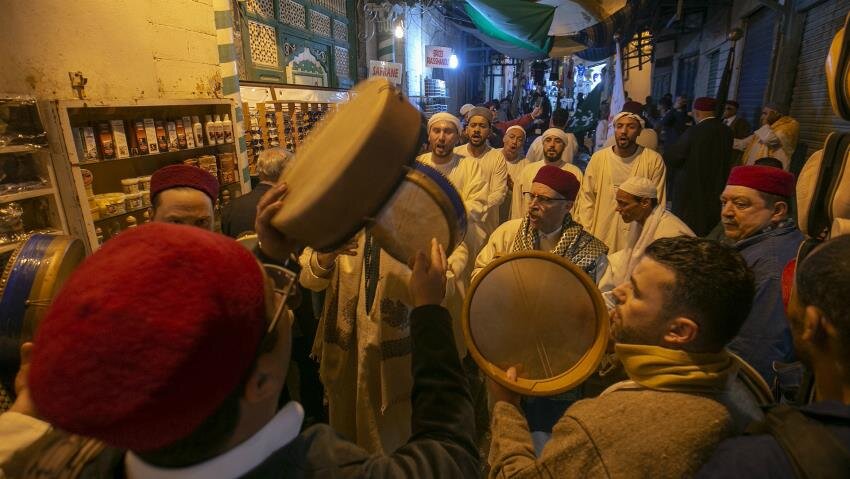
“El Moussem”
When two people are engaged, the groom-to-be visits his fiancée with his family on the 27th day of Ramadan, and brings with him a valuable gift (jewelry, dinner service, etc.). Even if today, this tradition almost disappeared, some families are still very attached to it.
From the delicious dishes to family gatherings
From the delicious dishes that families serve for iftar, the meal that breaks the long day of fasting, to the late-night celebrations in cafes and restaurants across the city, it is a special time to be in Tunis.
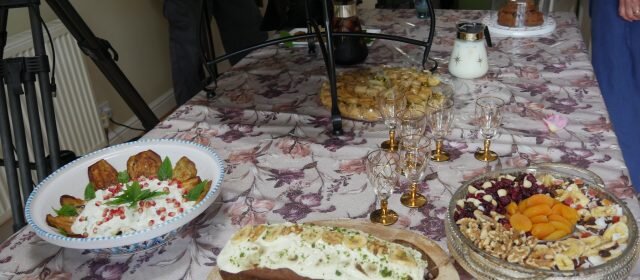
Families gather every evening to break their day of fasting irrespective of whether some members or even the entire family is not observing the ritual of fasting. The tradition of assembling around a table topped with a variety of carefully prepared dishes remains unchanged. Of these dishes, including dates, soup, couscous, and a special Tunisian tagine, my favorite is the brik, which is a deep-fried dough pocket that is filled with a mix of eggs, potatoes, and tuna. Understandably, it is an incredibly filling pastry!
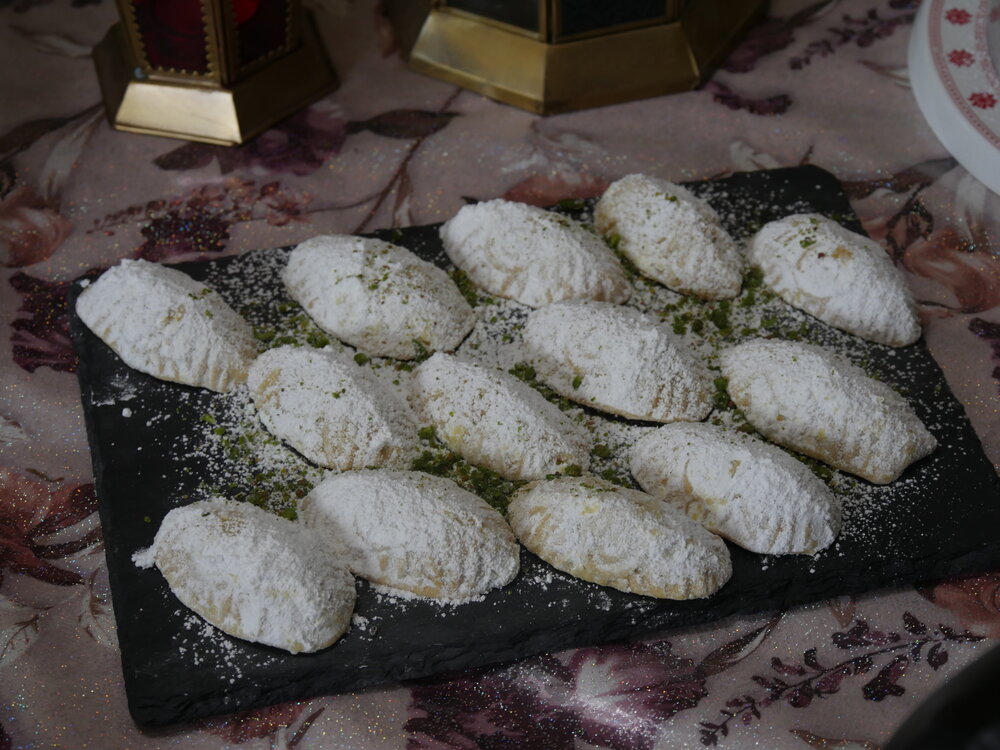
After breaking their meal together, most Tunisian families gather to watch one or several of the at least eight Tunisian sitcoms (musalsalat) that primarily air here during the month of Ramadan. Outside the month of Ramadan, the Tunisian television channels air sitcoms imported from Egypt, Lebanon, and Turkey, so this month is a special time to watch sitcoms produced in Tunisia and performed in the Tunisian dialect. One of the most popular sitcoms, titled Awlad Muffida or “The Sons of Muffida,” focuses on the challenges facing a working-class family. It stars some of the most popular young Tunisian actors and includes a variety of romantic storylines, which might explain its tremendous popularity here. While families are enjoying their dinners and watching the sitcoms, the streets of Tunis are probably the quietest you will ever find them, soon after, however, Tunisians begin joining their friends and families in cafes and restaurants all across the city.
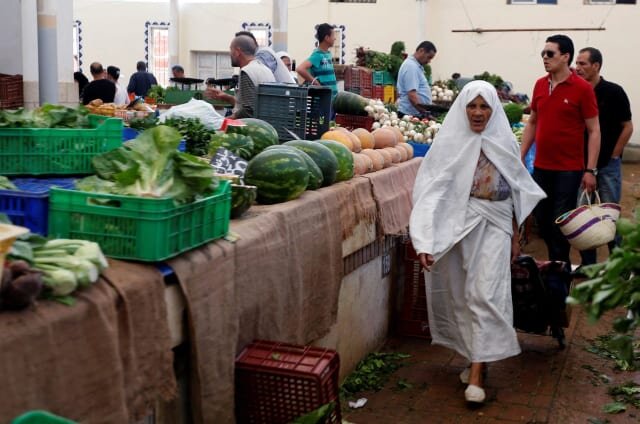
It is amazing finding yourself in a traffic jam at 11:00 pm, but that seems to be the beginning of the evening for most people. Cafes and restaurants extend seating into the streets and alleys to accommodate the many people visiting with friends and family over dessert and tea while enjoying street concerts into the early hours of the morning.

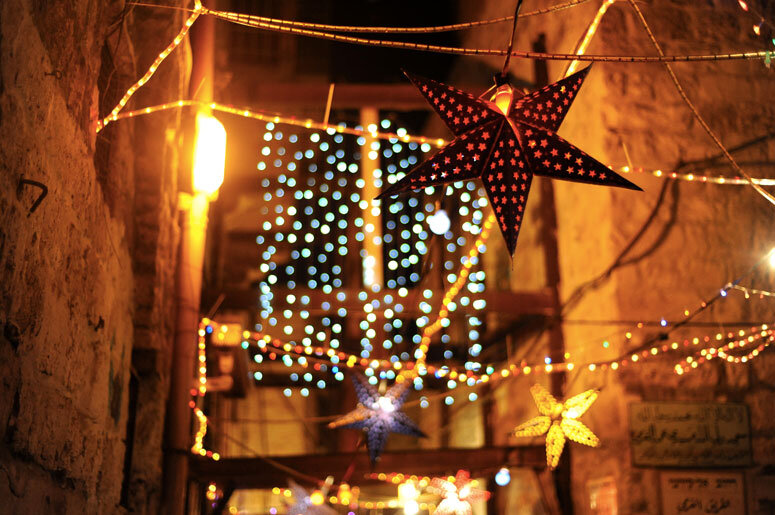
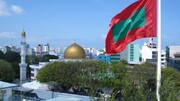
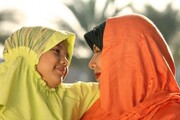

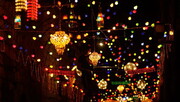

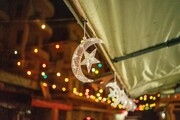

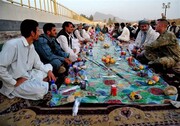
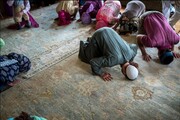
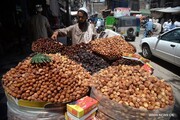
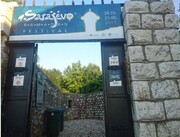
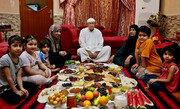

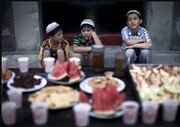
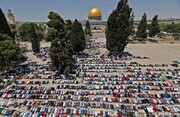
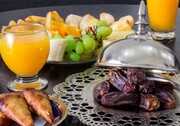
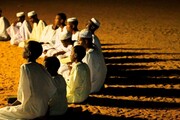
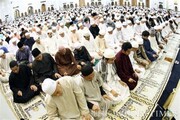
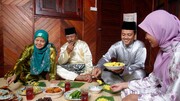

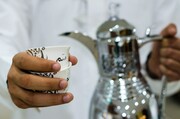
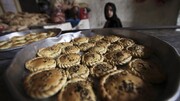

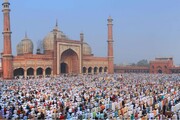
Your Comment